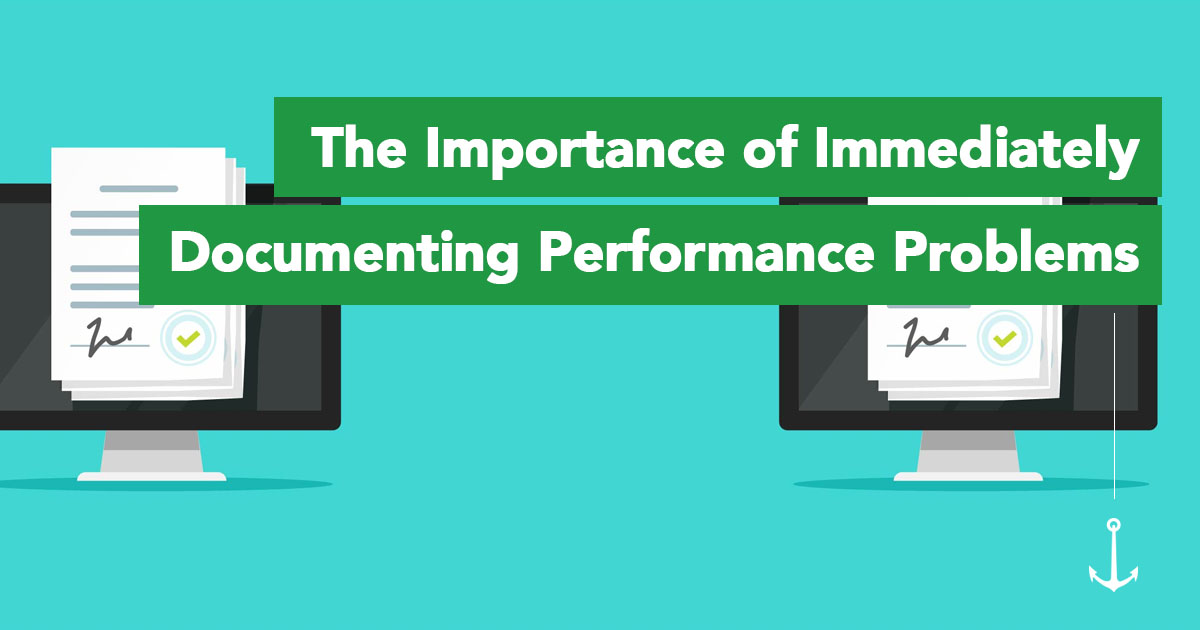
Employee handbooks are a nifty communication and reference tool for the workplace, but only if they’re used and not collecting dust on some physical (or digital) shelf. A handbook is only as good as what it does. At the minimum, it should do the following:
Introduce employees to the fundamentals of your organization’s culture—the beliefs and values that members of the organization are expected to share. This introduction explains what you do and why you do it. It may also give employees a look into the history of your organization, how you got to where you are, and where you intend to go. Last but not least, it gives employees an idea of how they can contribute to the culture.
Communicate to employees what general behaviors and procedures are expected of them. These include general safety responsibilities, confidentiality expectations, timekeeping processes, reporting procedures, dress codes, and any other ways of doing things at your organization.
Educate employees about what they can expect from the organization’s leadership. Executives, managers, and HR departments have obligations to their employees—both those they’ve established themselves and those required by law. A good handbook tells employees what those obligations are and how they will be met. If your employees are entitled to leaves or accommodations, for example, your handbook should explain these.
Support consistent enforcement of company policies. Employers expose themselves to risk when they interpret, apply, or enforce policies inconsistently. Transparency about policies and how they are enforced helps keep everyone accountable and the enforcement of rules consistent across the company.
Showcase the benefits the organization offers. Does your organization offer vacations, 401(k), health insurance, paid parental leave, or other employee benefits? If so, your handbook should outline these programs and their eligibility requirements.
Let employees know where to turn for help. Employees should feel safe turning to HR or a manager to report workplace violations, get workplace-related assistance, and get answers to any other questions they may have. The alternative is for them to turn to an outside third party, like the EEOC, the DOL, or an attorney, which could trigger a costly and time-consuming investigation. When a handbook provides multiple ways for an employee to lodge a complaint (ensuring they won’t have to report the problem to the person creating the problem), they are more likely to keep their complaints in-house.












